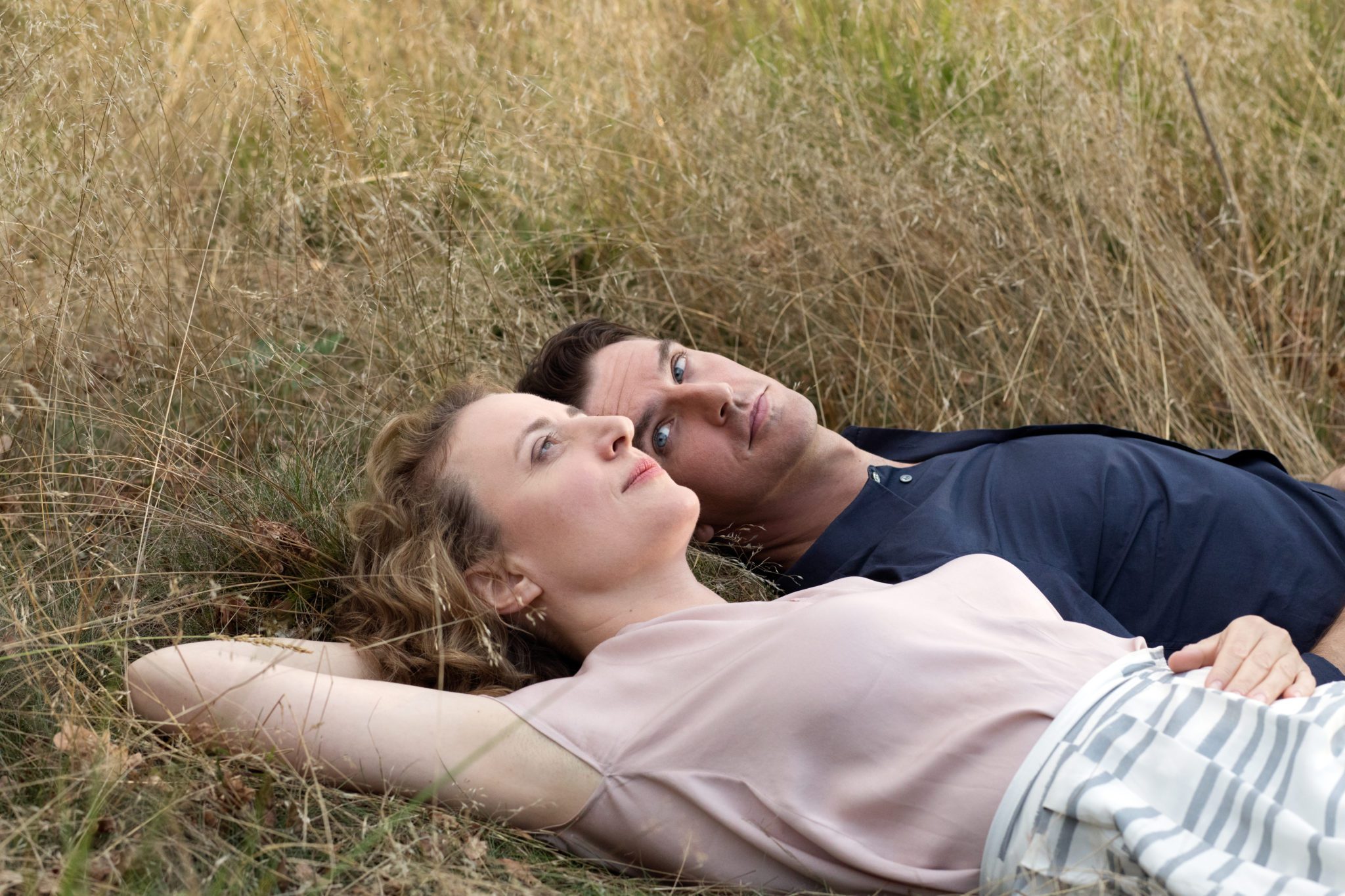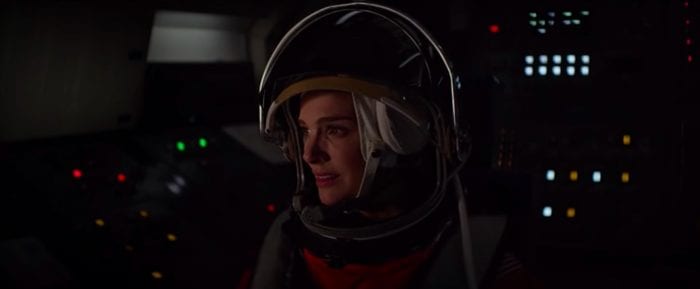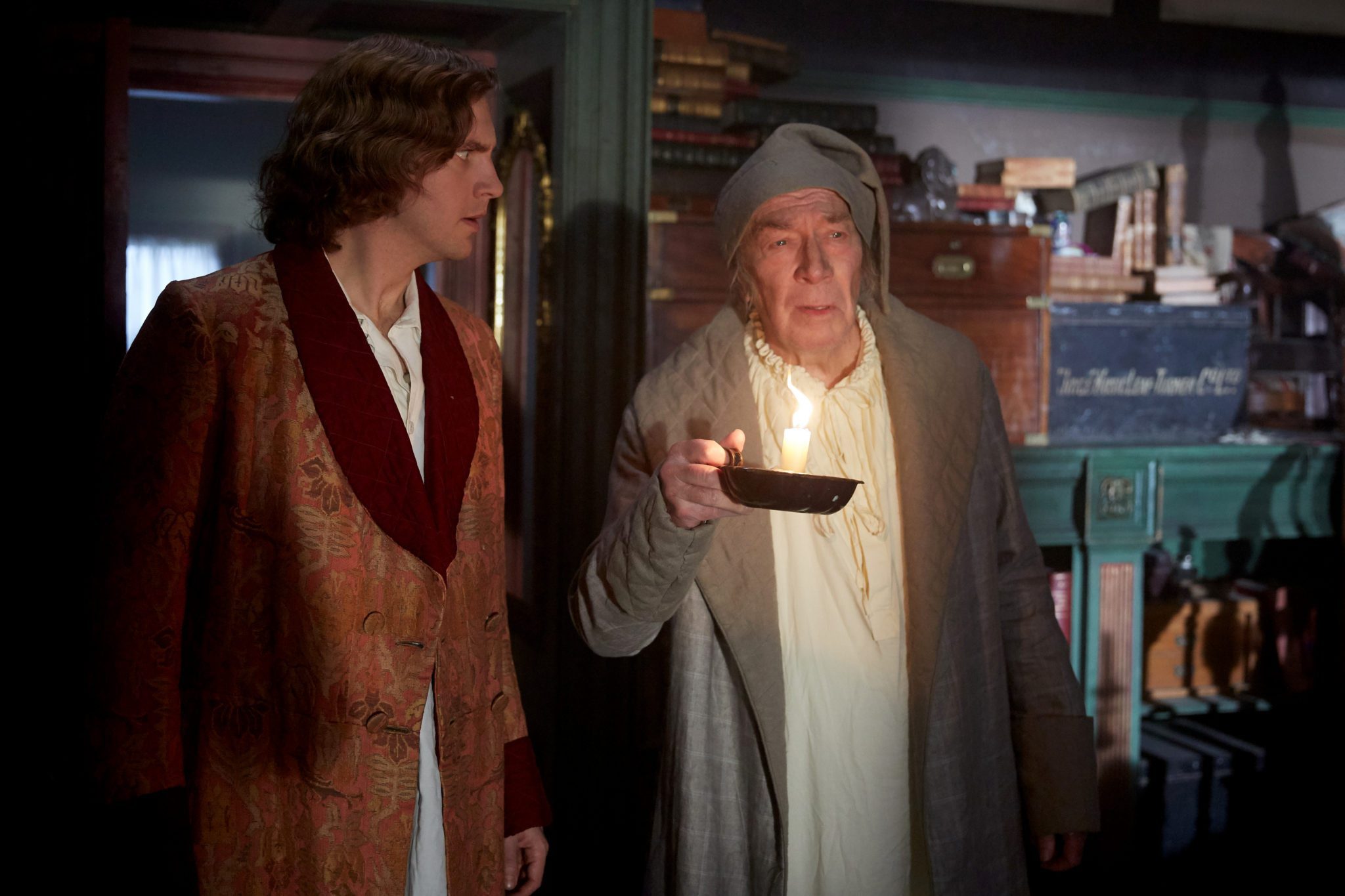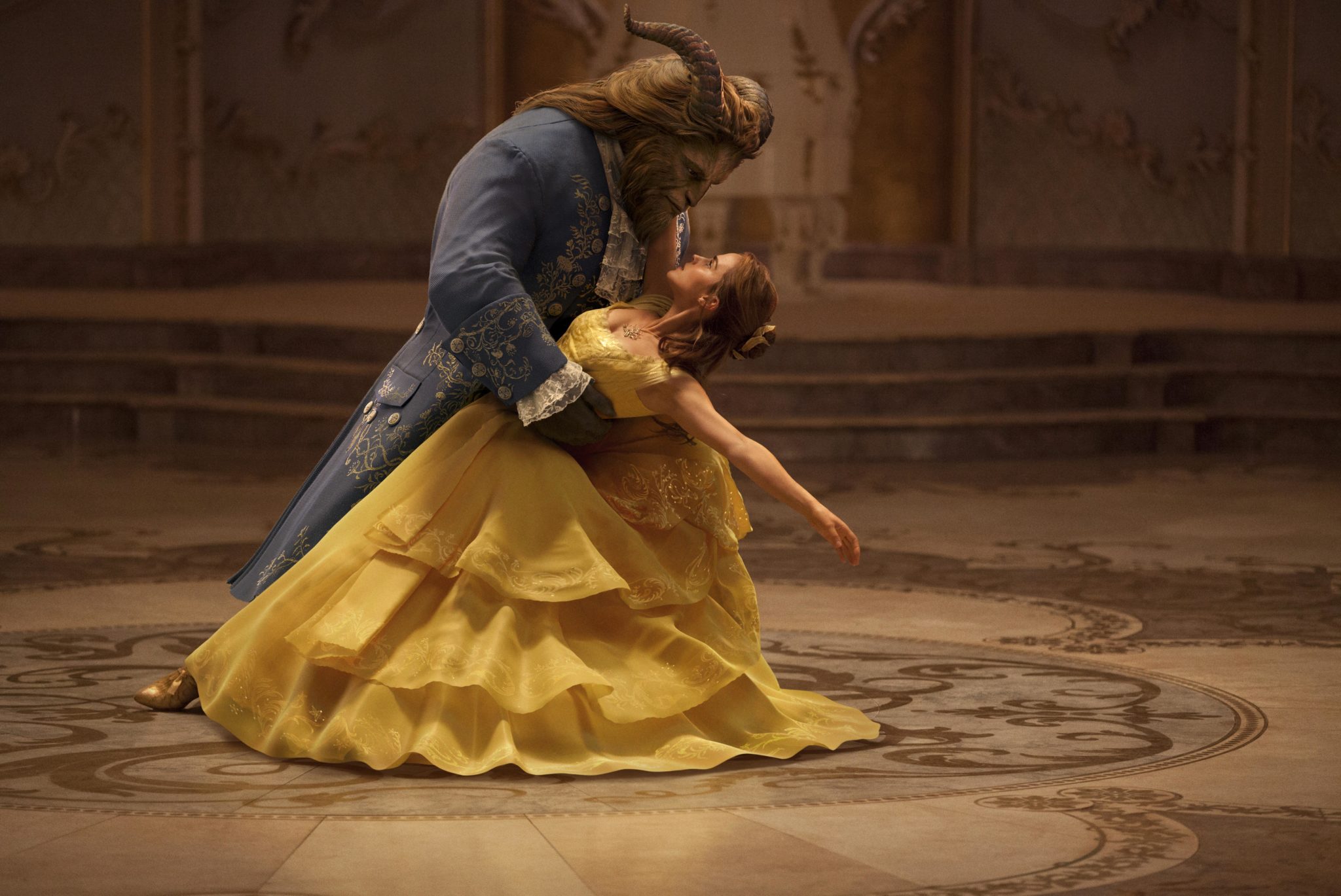
I’m Your Man: Digital Dating and Loving Lavishly
You can?t buy love. But can you build it? Set in the present day, I?m Your Man tells the story of Alma (Maren Eggert), a scientist who is offered a job evaluating a new line of humanoid companions. After her boss manages to convince her with some mild bribery, Alma agrees to bring the cybernetic Tom (Dan…





